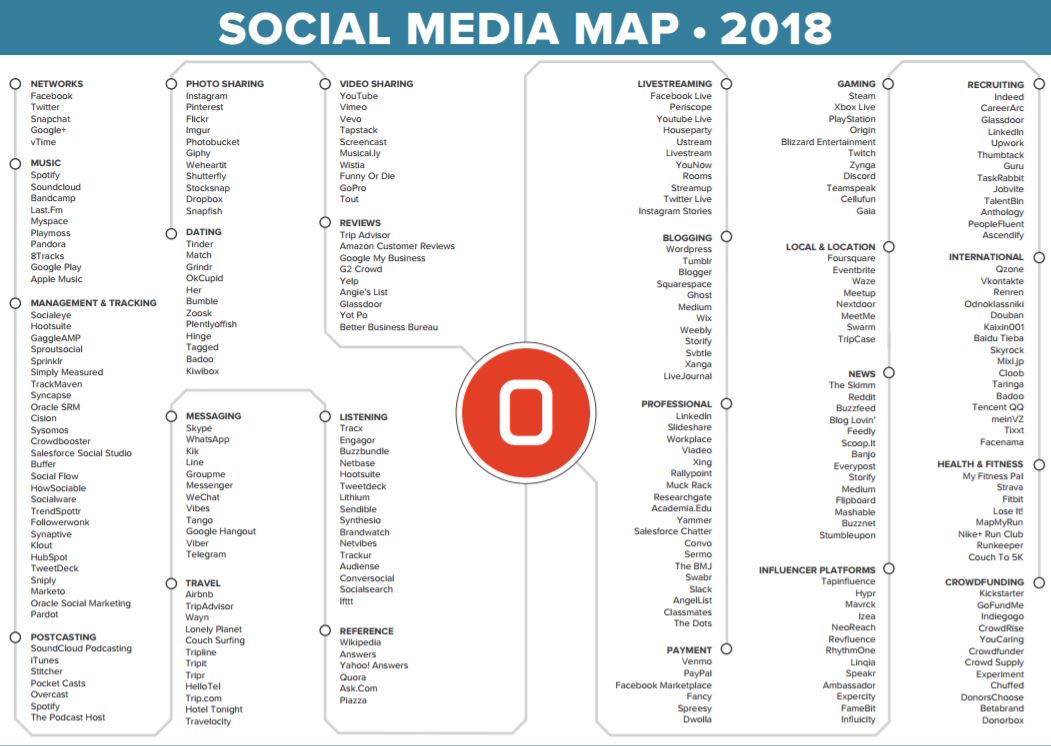Technology Is Threatening Our Species’ Survival
The painful lessons of social media show why we need to approach our A.I. future with more care
By Anna Machin
Our future is a race between the growing power of our technology and the wisdom with which we use it. Let’s make sure wisdom wins.
— Stephen Hawking, 2018
As an evolutionary anthropologist, I have spent my career working to understand the mechanisms of human relationships and the role they play in our daily lives. Our sociability sits at the very center of what it means to be human; I have witnessed that as I have studied the love between parents and children, the sense of belonging that bonds soccer fans, or the camaraderie of an army unit.
But the emergence of social media, and more recently artificial intelligence, continues to have a profound impact on how our social relationships function, and the essential benefits we derive from them.

After water, food, and shelter, the single most powerful influence on our health and happiness is the strength of our social connections. Our relationships with friends, family, and colleagues underpin our emotional lives through a complex set of neurological, psychological, genetic, and behavioral adaptations. A support network that is weak or dysfunctional can have profound negative consequences on our mental and physical health, and can even influence children’s future mental health if they experience trauma during key stages of development.

Our personal social network — to reclaim the sociological term hijacked by Mark Zuckerberg — averages around 150 people, arranged in a series of concentric circles around us. Those closest to us are at the very center; our best friend, lover, children, or parents. Beyond this, the circles increase outwards to the edge of our network of acquaintances. The size of our network is constrained by how much time we dedicate to maintaining our relationships, and by the extent of our brain’s ability to keep track of who owes us a favor, who is challenging our trust, or who needs a bit of attention.
It is only in the last decade or so that research has confirmed quite how impactful these relationships are. There is now clear evidence that the quality and size of your social network is the most significant factor in your health, happiness, life satisfaction, and longevity. Research in 2010, carried out by Julianne Holt-Lunstad at Brigham Young University, concluded that the nature of our relationships even has an impact on our susceptibility to disease and risk of death — and is so powerful, it is second only to smoking.
This link between health and social interaction is, in part, related to the neurochemicals activated when we exercise our relationships — dopamine, oxytocin, serotonin, and beta-endorphin. Many neurochemicals have roles in pain response, in our brain’s reward network, and in childbirth, but have been co-opted to underpin all our social interactions. These come into play in every social transaction, from a fleeting exchange with the mailman to experiencing the most profound and intense love.
The dual physiological and social role of these neurochemicals means that experiencing these interactions also has a profoundly beneficial impact on our physical and mental health because they counteract stress, reduce our anxiety, and induce feelings of well-being and happiness. In the closest of relationships, hormone levels between a couple synchronize, a phenomenon known as biobehavioral synchrony — something that appears to be characteristic of only the most intense human bonds.
The damage of social media
Social media has undoubtedly had many benefits in connecting people and enabling us to share information. But its costs — particularly in terms of mental health — have been heavy. Study after study has confirmed a link between the nature of social media use — the curation of the perfect image and the compulsion to be “liked” — and increased rates of depression, anxiety, self-harm, and eating disorders.
In part, these costs are the consequence of maintaining our relationships at a distance, removing the considerable health and survival benefits they can bestow in person. Indeed, by living our lives online we are handicapping our powerful social brains, which have evolved to function in a world of regular personal contact.
Artificial intelligence, on the other hand, presents a more complex problem, and one we have time to address. We have been living with some form of A.I.for years, and clearly it has great benefits in some contexts. But as someone who studies the centrality of social interaction to the human species, and in particular our health and well-being, the suggestion that A.I. might be used in the context of our intimate social lives is alarming.
The dangerous precedent of automated ‘care’
The U.K., U.S., and Japan share a crisis in social care. Unable to support the needs of a growing elderly population, some are looking to A.I. for a solution. Caring is portrayed as a remorseless round of changing, cleaning, and administering pills all of which, it is argued, can be fulfilled with minimal human input and at considerably less cost. The U.K. government alone has invested around £1 billion in general A.I. research.
But true “caring” is about more than meeting basic caretaking needs. It is about empathy, about using your life experience to assess what someone needs, be it a hug, a cup of tea, or some advice. It offers the chance to build real attachment, to achieve biobehavioral synchrony and experience the subtle but life-changing consequences this brings health and well-being to both individuals.
To acknowledge the importance of real human interaction is not to be a Luddite; rather it is to demand a more sophisticated vision of how technology could really help us and how the costs can be avoided. Research and implementation in A.I. is forging ahead without a full understanding of how vital our social interactions are, and by failing to have this discussion we are failing to challenge those with the power to do something better.
Some researchers, such as Hungarian academics Marta Gacsi and Gabriella Lakatos, acknowledge that A.I. could never replace the complex levels of empathetic care given by a fellow human, and that at most it should be an adjunct to, rather than a replacement for, the human carer. Others are imagining scenarios where those requiring care may go days or weeks without seeing a human face.
We may speculate about the social prejudices that contributed to the inherent dysfunction of this approach; that it reflects society’s lack of respect and compassion for the elderly, that it represents the lack of insight or understanding of skills traditionally dismissed as low paid women’s work, without appreciating the value and importance of caring for others. But if innovation rapidly builds on these flaws without addressing them, where will innovation go next?
At the other end of life, possibly our most critical relationships of all, with respect to our future mental and physical health, are those we form with our carers as a baby while the brain is still rapidly developing. The negative consequences of poor attachment at this age can include developmental issues, addiction, and anti-social behavior. If automated care becomes the norm for older people, surely the next step is a humanoid nanny?
How we treat the most vulnerable in our society speaks to our basic respect for each other, and while we might be able to limit some of the damage of social media with our newfound awareness of its costs, the impact of a humanoid carer in your home might be harder to reverse.
Technological evolution versus biological evolution
Humans are remarkable for their innovation. We are uniquely able to build on the inventiveness of previous generations in a way that drives an exponential rate of technological development. But recent technology may be developing so fast that the complex and critical neurological processes we rely on for well-being simply can’t evolve fast enough. Our technological evolution is outstripping our biological evolution.
Where once technology and biology existed in harmony for the good of the species, they are now in conflict. Where once our tools fulfilled their remit to make our lives more efficient, they may no longer be overwhelmingly beneficial. When this asymmetry falls within the social domain, as it does with social media and with A.I., the personal consequences can be devastating.
The whole point of human relationships is that they are not efficient, because they take time and brain power to develop and maintain — but in return we receive the reward of powerful neurochemicals and benefits to our health. We cannot abdicate this responsibility to a machine.
We can’t turn the clock back on social media, but we must use this experience to prepare ourselves for the onset of A.I.. If we fail to do so, our health, our survival, and even our very humanity could be at risk.
Written by Anna Machin
Dr Anna Machin is an evolutionary anthropologist, writer & broadcaster. Her research focuses on the science and anthropology of our closest relationships.
Quelle: https://medium.com/s/story/technology-is-threatening-our-species-survival-786c50609ade





